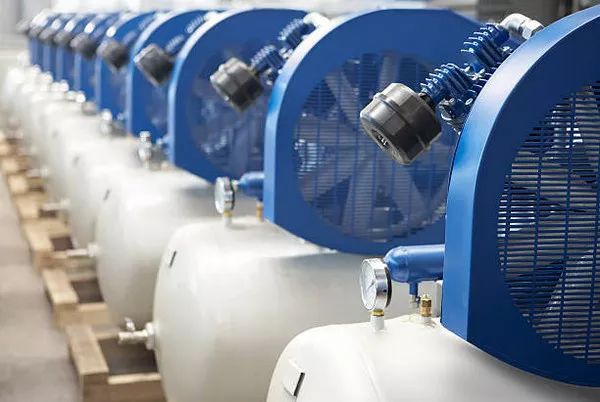Refrigeration technology has evolved significantly over the years, with compressor fridges emerging as a popular and efficient solution for preserving food and beverages. Unlike traditional absorption refrigerators, which rely on heat for cooling, compressor fridges utilize a mechanical compressor to maintain low temperatures. In this article, we delve into the workings of a compressor fridge, exploring its components, advantages, and applications.
How Compressor Fridges Work:
At the heart of a compressor fridge is the compressor itself, a crucial component responsible for the cooling process. The compressor functions by circulating a refrigerant, typically a gas like R134a, through a closed system. The refrigerant undergoes a cycle of compression and expansion, absorbing heat from the interior of the fridge and dissipating it to the external environment.
Compression: The compressor pressurizes the refrigerant gas, causing its temperature to rise significantly. This high-temperature, high-pressure gas then moves to the condenser coil.
Condensation: In the condenser coil, the hot gas releases heat to the surrounding air and transforms into a high-pressure liquid. This liquid then flows to the expansion valve.
Expansion: The expansion valve reduces the pressure of the liquid refrigerant, causing it to evaporate and turn into a low-pressure gas. This process absorbs heat from the interior of the fridge, creating a cooling effect.
Evaporation: The low-pressure gas returns to the compressor, and the cycle repeats. The continuous circulation of the refrigerant maintains a consistent low temperature inside the fridge.
Components of a Compressor Fridge:
Understanding the key components of a compressor fridge is essential for appreciating its functionality.
Compressor: As the primary workhorse, the compressor pressurizes the refrigerant and propels it through the cooling cycle.
Condenser Coil: This component facilitates the release of heat from the refrigerant into the surrounding air, causing it to condense and transform into a liquid.
Expansion Valve: Positioned between the condenser coil and the evaporator, the expansion valve reduces the pressure of the liquid refrigerant, enabling it to evaporate and absorb heat inside the fridge.
Evaporator: Located inside the fridge, the evaporator allows the refrigerant to evaporate, drawing heat from the interior and maintaining a low temperature.
Thermostat: The thermostat regulates the compressor’s operation based on the desired temperature setting, ensuring optimal energy efficiency.
Advantages of Compressor Fridges:
Compressor fridges offer several advantages that make them a preferred choice for various applications.
Efficient Cooling: Compressor fridges provide rapid and efficient cooling, ensuring that the internal temperature reaches the desired level quickly.
Temperature Control: The inclusion of a thermostat allows users to set and maintain precise temperature levels, accommodating a diverse range of perishable goods.
Versatility: Compressor fridges are versatile and suitable for various environments, including households, RVs, boats, and off-grid locations. Their adaptability makes them an ideal choice for both domestic and mobile applications.
Energy Efficiency: Compared to absorption fridges, compressor models are generally more energy-efficient, consuming less power to maintain consistent temperatures.
Longevity: Compressor fridges often boast a longer lifespan than other types of refrigerators, making them a reliable and durable investment.
Applications of Compressor Fridges:
The versatility and efficiency of compressor fridges make them suitable for a wide range of applications.
Domestic Use: Compressor fridges are commonly found in households, serving as primary refrigerators or additional units for storing extra groceries and beverages.
Recreational Vehicles (RVs) and Boats: The compact size, efficiency, and adaptability of compressor fridges make them popular choices for RVs and boats, where space and energy conservation are critical considerations.
Camping and Outdoor Activities: Portable compressor fridges are widely used by campers and outdoor enthusiasts who require reliable refrigeration for extended trips.
Commercial Settings: Compressor fridges find applications in commercial settings such as restaurants, hotels, and catering services, where a consistent and controlled cooling environment is essential for food preservation.
Conclusion:
Compressor fridges represent a technological leap in refrigeration, offering efficient cooling, precise temperature control, and versatility for various applications. Understanding the working principles and components of these refrigerators allows consumers to make informed choices when selecting the most suitable cooling solution for their needs. Whether in a household, RV, boat, or commercial establishment, the reliability and efficiency of compressor fridges make them a cornerstone in modern refrigeration technology.

